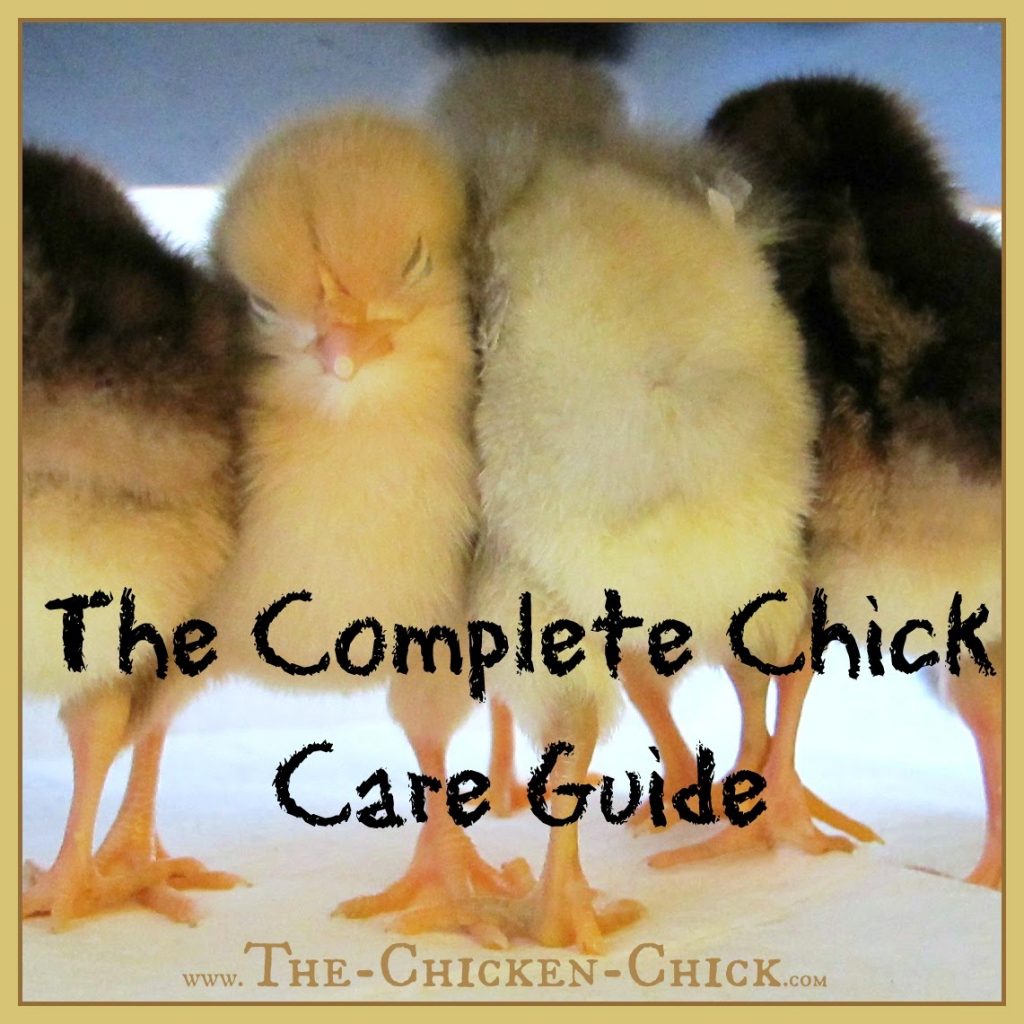
A Comprehensive Guide to Caring for Baby Chickens
Introduction
Baby chickens, also known as chicks, are adorable and delicate creatures that require special care and attention to thrive. Whether you’re a seasoned poultry enthusiast or a first-time chick owner, understanding their unique needs is crucial for their well-being. This comprehensive guide will provide you with all the essential information you need to care for baby chickens, from housing and feeding to health and safety.
Housing
Brooder:
- A brooder is a warm, enclosed space where chicks will live for the first few weeks of their lives.
- It should be large enough to accommodate all the chicks comfortably, providing ample space for movement and exploration.
- The brooder should be well-ventilated to prevent ammonia buildup and respiratory issues.
- Line the brooder with a soft, absorbent material such as wood shavings, paper towels, or straw.
Temperature:
- Chicks require a specific temperature range to stay warm and healthy.
- Maintain a temperature of 95-100°F (35-38°C) during the first week of life.
- Gradually reduce the temperature by 5°F (3°C) each week until it reaches 70°F (21°C).
- Use a heat lamp or brooder plate to provide warmth, and monitor the temperature regularly.
Feeding
Starter Feed:
- Feed chicks a high-quality starter feed specifically formulated for their nutritional needs.
- Starter feed contains essential vitamins, minerals, and protein for optimal growth and development.
- Offer feed in shallow dishes or feeders that are easily accessible to the chicks.
Water:
- Provide fresh, clean water at all times.
- Use a shallow waterer or chick fount to prevent chicks from drowning.
- Change the water daily to ensure it remains clean and free of bacteria.
Health and Safety
Vaccinations:
- Vaccinations are essential for protecting chicks from common diseases such as Marek’s disease and Newcastle disease.
- Consult with a veterinarian to determine the appropriate vaccination schedule for your chicks.
Disease Prevention:
- Keep the brooder and surrounding area clean and disinfected to prevent the spread of disease.
- Isolate sick chicks immediately to prevent the spread of infection.
- Practice good hygiene by washing your hands before and after handling chicks.
Predators:
- Protect chicks from predators such as cats, dogs, and rodents.
- Secure the brooder and surrounding area with fencing or netting.
- Supervise chicks when they are outside the brooder.
Common Health Issues:
- Pasty Butt: A condition where feces stick to the chick’s vent, causing discomfort and potential infection. Treat by gently removing the feces and applying petroleum jelly to the area.
- Coccidiosis: A parasitic infection that can cause diarrhea, dehydration, and weight loss. Treat with anticoccidial medication prescribed by a veterinarian.
- Respiratory Infections: Chicks are susceptible to respiratory infections such as bronchitis and pneumonia. Symptoms include coughing, sneezing, and difficulty breathing. Treat with antibiotics prescribed by a veterinarian.
Growth and Development
Growth Stages:
- Chicks go through several growth stages, including:
- Brooder Stage: First 4-6 weeks of life, when chicks are kept in a warm, enclosed brooder.
- Grower Stage: 6-16 weeks of life, when chicks are moved to a larger enclosure with more space and access to the outdoors.
- Pullet Stage: 16-20 weeks of life for female chicks (pullets), when they begin to lay eggs.
- Cockerel Stage: 16-20 weeks of life for male chicks (cockerels), when they reach sexual maturity.
Feathering:
- Chicks are born with downy feathers that gradually transform into adult feathers.
- Feathering helps chicks regulate their body temperature and protect them from the elements.
- Provide a balanced diet and adequate space for chicks to develop healthy feathers.
Socialization:
- Chicks are social animals that benefit from interacting with other chicks.
- Provide opportunities for chicks to socialize by keeping them in groups or introducing them to other chickens.
- Socialization helps chicks develop proper behaviors and reduce stress.
Transitioning to the Outdoors:
- Once chicks are fully feathered and have developed their immune systems, they can be transitioned to the outdoors.
- Start by introducing them to the outdoors for short periods under supervision.
- Gradually increase the time they spend outside until they are fully acclimated.
Additional Tips
- Handle chicks gently: Chicks are fragile creatures that can be easily injured.
- Provide enrichment: Offer toys, perches, and other enrichment items to stimulate chicks and prevent boredom.
- Monitor chicks regularly: Observe chicks daily for any signs of illness or distress.
- Seek veterinary care: If you have any concerns about the health or well-being of your chicks, consult with a veterinarian promptly.
Conclusion
Caring for baby chickens is a rewarding experience that requires patience, attention to detail, and a love for these adorable creatures. By following the guidelines outlined in this comprehensive guide, you can provide your chicks with the optimal environment, nutrition, and care they need to thrive and reach their full potential. Remember to always prioritize their well-being and seek professional advice when necessary. With proper care and dedication, your baby chickens will grow into healthy, happy, and productive members of your flock.
